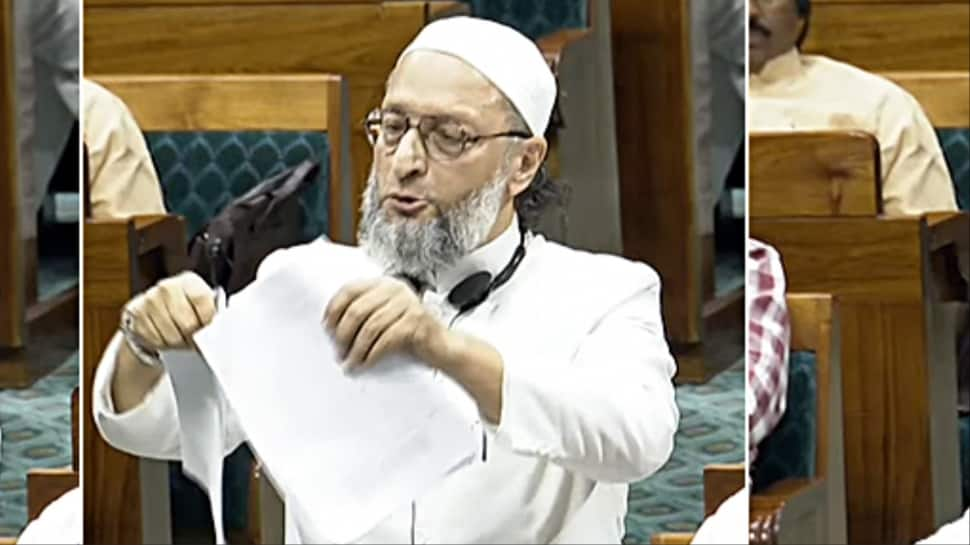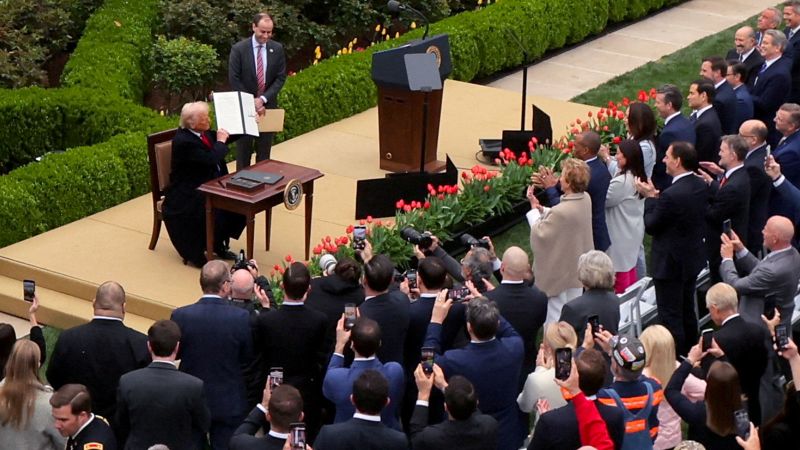
The Philippines is a country rich in history, traditions, and strong family values. However, while many of these cultural traits foster unity and resilience, some also hinder national development. Among these, particularism—where laws are selectively applied—remains a significant challenge.
Despite the existence of laws and regulations, enforcement is often inconsistent. Those in positions of power (lalo na yung mga nasa kapangyarihan) frequently find ways to circumvent the law, while ordinary citizens bear the full weight of the justice system. This culture of exceptions and special considerations weakens public trust in institutions and promotes a mindset that laws are flexible rather than absolute.

Another deeply ingrained cultural issue is the ascriptive orientation of Filipino society, where personal connections often outweigh merit. The padrino system, nepotism, and utang na loob have long dictated opportunities in both the public and private sectors. In the government bureaucracy, it is common to see individuals securing jobs or promotions based on who they know rather than their qualifications.
This system discourages hard work and competence, as even the most skilled and deserving individuals may be overlooked in favor of those with strong political or familial ties. Consequently, inefficiency and corruption persist, hampering the country's progress. This favoritism extends beyond politics and employment; it also affects governance and decision-making.
Many government appointments are made based on loyalty rather than expertise, leading to poor leadership and mismanagement. When policies and programs are driven by personal connections instead of the greater good, national development suffers. This culture creates a cycle where the same families and political dynasties retain control, preventing fresh perspectives and meaningful reforms from taking place.
Breaking this cycle is essential if the Philippines hopes to establish a system based on competence, transparency, and true meritocracy. Adding to this challenge is the affective nature of Filipinos, which often blurs the distinction between personal emotions and rational decision-making. While being family-oriented and compassionate are admirable traits, they sometimes interfere with accountability and justice.
People often hesitate to call out wrongdoings because of personal ties or emotional considerations. This is evident in politics, where voters sometimes choose candidates based on personality and emotional appeal rather than their qualifications and platforms. Similarly, public officials may be reluctant to make tough but necessary decisions if they fear backlash from those they have close relationships with.
If the Philippines is to overcome these cultural barriers, there must be a collective effort to prioritize fairness, accountability, and professionalism. Laws must be enforced consistently, merit should be the primary basis for opportunities, and emotions must be balanced with rational decision-making. While cultural values such as pakikisama (getting along with others) and utang na loob foster strong relationships, they should not be used as justifications for inefficiency and corruption.
Development requires a shift in mindset—one that values competence over connections, integrity over favoritism, and justice over personal considerations. Only then can the country move toward true and sustainable progress..














